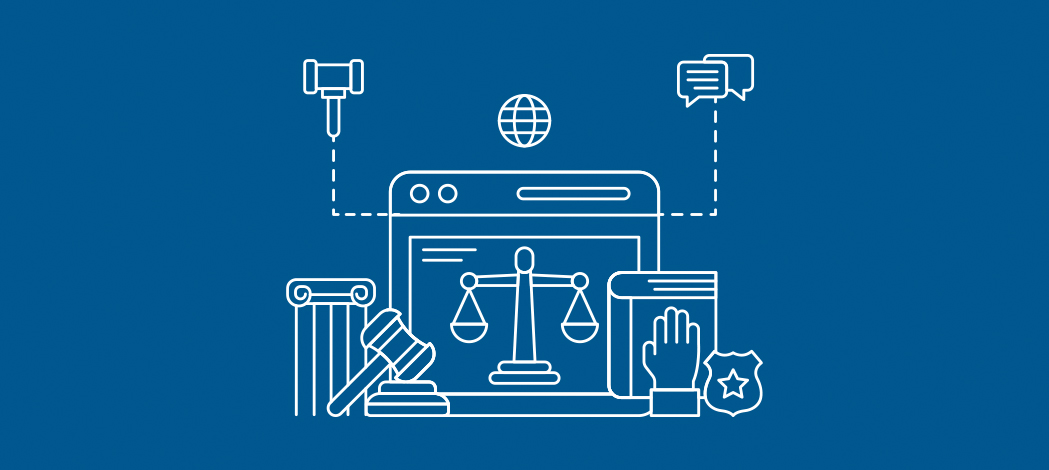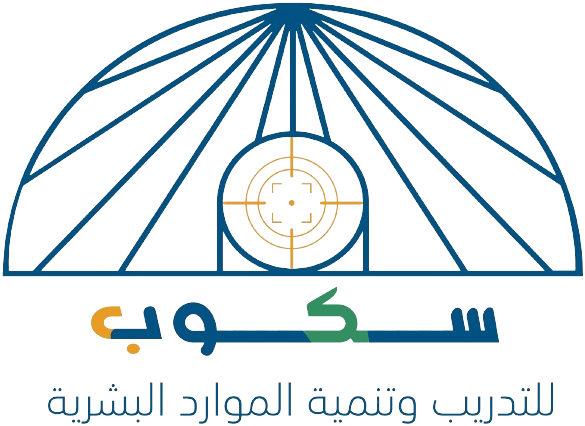
Public Law Program
About this course
The Public Law program aims to introduce students to the basic concepts and principles of law applicable to a wide range of legal fields. The program includes the study of general legal topics such as constitutional law, criminal law, civil law, administrative law, and public international law. It also covers the fundamental laws and principles governing legal relationships between individuals and institutions in society. The Public Law program is essential for understanding how the legal system functions and its impact on society at large, and it often serves as the first step in a legal studies career.
The program aims to prepare national competencies in various branches of public law (international, constitutional, criminal, and administrative), as well as to train legal cadres capable of drafting system projects that keep pace with modern developments. It also seeks to spread legal culture and sound legal awareness, and to provide the job market with specialists in public law to offer legal consultations in criminal, international, constitutional, and administrative law.
Quiz & Certificates
About this course
The Public Law program aims to:
1- Prepare professionally qualified legal cadres to compete in the job market.
2- Offer a legal program that instills professional ethics, social responsibility, and a sense of citizenship.
3- Serve the community in legal fields related to public law.
4- Provide a comprehensive understanding of the fundamental principles underpinning the public legal system, including constitutional, criminal, civil, administrative, and other related laws.
5- Encourage critical and analytical thinking among students regarding legal issues and reasoning in accordance with legal principles and laws.
6- Study the impact of laws and legal systems on individuals and society, appreciating their application and importance in building and organizing social relationships.
7- Enable students to analyze and discuss general legal issues from a legal and social perspective.
8- Prepare students to pursue advanced legal studies or specialize in specific legal fields after completing the Public Law program.
9- Develop students' skills in legal research, analysis, and writing through research papers, reports, and legal projects.
10- Study the relationship between law and social justice, achieving a balance between laws, social values, and ethics.
11- Ensure comprehensive knowledge of policies and governance, developing critical thinking skills through discussions on change and reform.
12- Utilize and develop professional skills with the ability to communicate, present, and solve problems effectively.
About this course
The Public Law program includes a range of essential modules covering all aspects of public law. Here are the key modules covered in the program:
1- Introduction to Public Law
- Definition and importance of public law in society.
- Differences between public law and private law.
- Fundamental principles of public law.
- History of public law development through the ages.
2- Constitutional Law
- Concept and importance of constitutional law.
- Study of constitutions and their types.
- Human rights and fundamental freedoms in the constitution.
- Role of the judiciary in interpreting and applying the constitution.
3- Criminal Law
- Definition and objectives of criminal law.
- Types of crimes and penalties.
- Stages of criminal trial and legal procedures.
- Rights of the accused in criminal law.
4- Civil Law
- Definition and fields of civil law.
- Contracts and obligations in civil law.
- Property rights and real estate.
- Civil liability and compensation.
5- Administrative Law
- Concept and role of administrative law in organizing public administration.
- Principles and foundations of administrative law.
- Administrative organization and public facilities.
- Administrative decisions and methods of appeal.
6- International Law
- Definition and importance of international law.
- Sources of international law (treaties, international customs, general principles).
- Role of international organizations in international law.
- International disputes and methods of resolution.
7- Legal Relationships Between Individuals and Institutions
- Laws governing relationships between individuals.
- Laws governing relationships between institutions.
- Role of mediation and arbitration in resolving legal disputes.
- Obligations and rights of parties in legal relationships.
8- Applications of Public Law in Society
- How the legal system works in society.
- Role of public law in protecting rights and freedoms.
- Practical applications of public law in daily life.
- Impact of public law on social and economic development.
9- Preparing Legal Cadres
- Preparing distinguished legal competencies in various branches of public law.
- Developing skills in legal research and analysis.
- Enhancing capabilities in drafting legislation and regulations.
- Professional ethics for legal practitioners.
10- Modern Developments in Public Law
- Recent changes in constitutional, criminal, and administrative law.
- Impact of technology on public law.
- Contemporary legal issues and new challenges.
- Future trends in public law development.
Covering these modules ensures that program participants are equipped to effectively and efficiently handle various aspects of law, in line with the changing demands of the job market.
About this course
Upon completing the Public Law program, you will be able to:
- Have extensive knowledge of theories, principles, and applications of legal systems.
- Use modern technology effectively in various fields of education, legal work, and training.
- Employ knowledge in research, investigation, and legal problem-solving using a scientific legal approach.
- Establish effective and continuous relationships with others.
- Rely on self and take responsibility for self-education and personal development.
- Adhere to the profession's ethics and standards.
- Contribute to voluntary and community work.
- Exhibit leadership, initiative, decision-making, and responsibility.
- Understand policies and government, being well-versed in them, and develop critical thinking skills through discussions on change and reform.
- Use professional skills, develop them with the ability to communicate, present, and solve problems.






